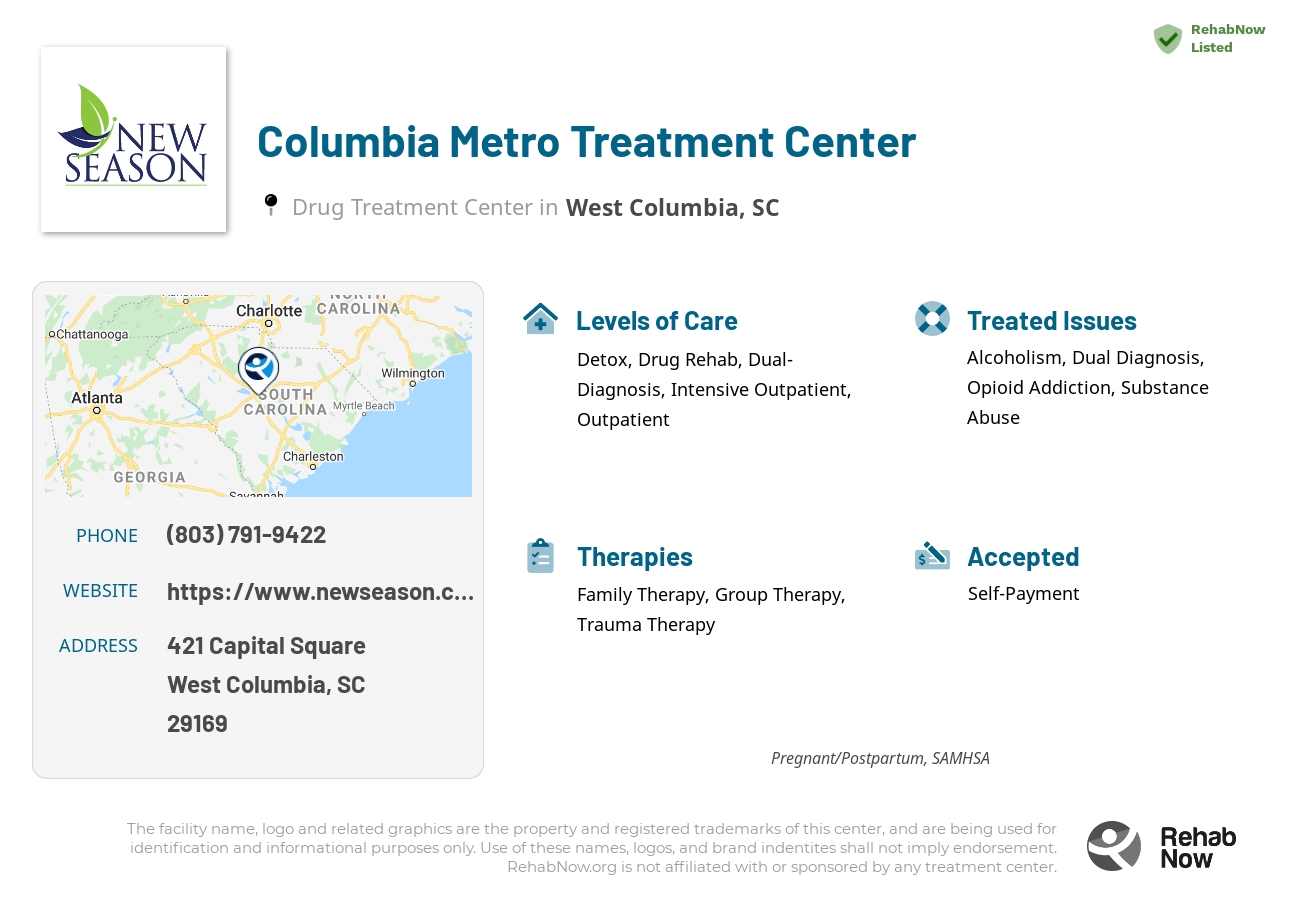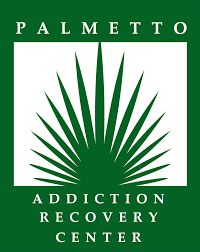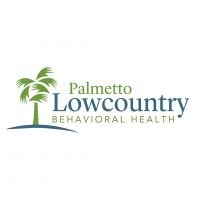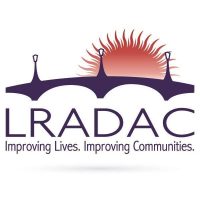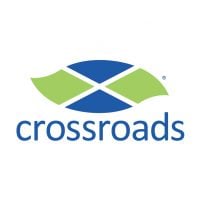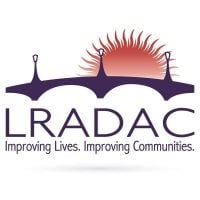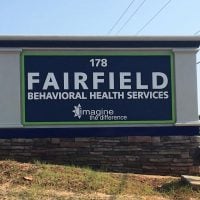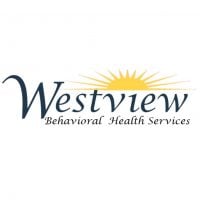Columbia Metro Treatment Center
Drug Rehab Center in West Columbia, South Carolina
Columbia Metro Treatment Center's drug rehab program offers a comprehensive approach to addiction recovery including medically supervised detoxification, individual and group therapy, education, assistance for co-occurring mental health disorders, and levels of care tailored to the individual's needs, all provided in an accredited facility.
About Columbia Metro Treatment Center in South Carolina
Columbia Metro Treatment Center, nestled in West Columbia, South Carolina, stands out as a private rehabilitation facility concentrating on alcoholism, drug addiction, including opioids, dual diagnosis, and substance abuse. Its unique approach integrates methadone treatment, aiming for meaningful recovery and lasting resistance to illicit drug use.
Accredited by CARF and certified by SAMHSA, this esteemed center evidences its dedication to high-quality care spanning detoxification, rehabilitation, and aftercare support. Their comprehensive approach caters to individuals facing various addiction and substance abuse issues, setting a path toward recovery.
- Accredited by CARF and SAMHSA, ensuring patients receive care that meets strict quality standards.
- Specializes in managing opioid addiction with methadone treatment, providing a stable path to recovery.
- Offers a range of services, including detoxification, intensive outpatient programs, and aftercare support, to assist patients at every recovery stage.
Tailoring its services to treat alcoholism, opioid addiction, drug addiction, and dual diagnosis, Columbia Metro Treatment Center employs a blend of detox, outpatient programs, and ongoing support to help individuals regain control of their lives and embark on a sustainable recovery journey.
Genders
Ages
Modality
Additional
Accreditations
SAMHSA

CARF
The Commission on Accreditation of Rehabilitation Facilities (CARF) is a non-profit organization that specifically accredits rehab organizations. Founded in 1966, CARF's, mission is to help service providers like rehab facilities maintain high standards of care.
Conditions and Issues Treated
Substance abuse creates problems that affect people in West Columbia, SC on many levels. First, substance abuse affects the individual who is abusing drugs or alcohol. This can result in health problems, including heart damage and overdose. Substance abuse also affects the user’s family, friends, co-workers, classmates, or peers. These people feel frustrated because they do not know how to help their loved ones struggling with addiction. At the same time, the addict cannot control his behavior. Lastly, friends and family members of addicts are affected financially by substance abuse.
The good news is that effective treatments can help prevent substance abuse or treat its effects on the user. These treatments, which include behavioral therapy and counseling sessions, target the underlying causes of substance abuse, helping users achieve sobriety so they can regain control over their lives. They also teach users to cope with stress in ways other than using drugs or alcohol.
Opioid addiction has become a significant health problem in the United States. When a person’s life becomes unmanageable because of an opioid addiction, treatment can help them get sober. Treatment includes medical care and counseling.
“With so many people struggling with opioid addiction, we need more care and attention for those who want to quit. Opioid addicts often take opioids when they experience a painful injury – that’s how the cycle starts! When someone begins taking their medication differently than prescribed or takes an excessive amount of drugs, it means they’re hooked on drugs and in danger of overdosing.
The most successful way to beat this is through detoxing from these types treatments at Columbia Metro Treatment Center in . Most facilities start by using medical support during the process while providing counseling services; rehabilitation comes later on after treatment has been completed successfully.
A “dual diagnosis” is when the individual has two medical issues at the same time. The top co-occurring mental disorders with addiction are depression, anxiety, ADHD, bi-polar disorder. Addiction is also considered a mental illness that is not a choice but rather a medical condition. Addiction can be caused by any number of underlying issues.
Dual diagnosis is provided by Columbia Metro Treatment Center to treat addictive tendencies as well as any untreated mental illnesses. This ensures successful long term health and recovery for patients after treatment has been completed.
Dual diagnosis is provided by Columbia Metro Treatment Center to treat addictive tendencies as well as any untreated mental illnesses for people in South Carolina. This ensures successful long term health and recovery for patients after treatment has been completed.Levels of Care Offered
This center offers a variety of custom treatment tailored to individual recovery. Currently available are Detox, Drug Rehab, Dual-Diagnosis, Intensive Outpatient, Outpatient, with additional therapies available as listed below.
The first level of recovery is detox. It involves giving a person the opportunity to get the toxins out of their body safely. The individual receiving treatment at Columbia Metro Treatment Center typically will get ill during detox, and they will often start using again to get rid of unpleasant emotions and complicated physical responses. It is why having a South Carolina medical professional present is so critical. A medical professional can make sure that patients do not start using again during detox and stay physically healthy during the process. They will also have treatment on a mental level to relieve their symptoms and guide them through the process.
Outpatient addiction treatment is beneficial for people who are able to function well in their day-to-day lives. It is recommended for people who are not yet ready to end their relationships with friends or family members who might be encouraging drug and alcohol use.
Intensive outpatient treatment is beneficial for:
- People who are able to attend treatment more than 3 times per week.
- People who do not meet the criteria for inpatient treatment.
- People who are able to contribute to their own recovery outside of the treatment center.
- People who are motivated towards recovery.
- People who are able to overcome addiction on their own without the need for higher levels of care.
Outpatient programs at Columbia Metro Treatment Center, the West Columbia resident can live with their family while continuing with their job or studies. Treatment includes educating the patient on drug abuse, medications, and counseling sessions at the individual or group level. Outpatient treatment plans cover diagnosis, detoxification, management, and counseling. They are a popular option for those who have graduated from inpatient facilities.
Therapies & Programs
Family therapy is often done alongside drug treatment to help addicts stay sober. The goal of family therapy for drug addiction is to create an environment where communication can happen without judgment, hostility, or blame. The therapist will sit with the family so they can learn how to communicate differently and provide new tools for dealing with emotions so that people don’t want to drink or do drugs. It’s important for families to focus on relapse prevention plans during treatment so that if the addict feels like they want to use again, they’ll know what steps they need to take together to prevent it from happening again in the future.
Group therapy sessions are another common addiction recovery service. These group sessions typically involve six to 12 addicts who meet regularly with a trained professional for support and guidance.
During these sessions, the group shares their experiences with one another and provides feedback that can help each member avoid relapse or overcome specific obstacles they are facing in their recovery process. With this type of support and guidance, addicts can feel like they are part of a community that understands their struggles and will help them get through the hard times.
Many people struggling with drug addiction have experienced some form of trauma in their lives. It is crucial that these individuals seek out professional help; otherwise, their drug abuse and addiction will likely continue.
Therapists and counselors at drug treatment centers employ several treatment programs to help people struggling with drug addiction, including trauma therapy. Trauma therapy helps people dealing with addiction by allowing them to confront the traumas of their past and move past them.
It is important to note that trauma therapy should not be confused with PTSD (post-traumatic stress disorder). Rather, it is used to treat the effects of trauma, which are often at the root of addiction.
Payment Options Accepted
For specific insurance or payment methods please contact us.
Additional Details
Specifics, location, and helpful extra information.
West Columbia, South Carolina 29169 Phone Number(803) 791-9422 Meta DetailsUpdated April 15, 2024
Staff Verified
Columbia Metro Treatment Center Patient Reviews
There are no reviews yet. Be the first one to write one.
West Columbia, South Carolina Addiction Information
More than 610,000 of South Carolina residents, or a staggering 11.9% of the state population, uses illicit drugs and another 230,000 residents abuse alcohol every year. A majority of the illegal drugs used and abused are opioids. Marijuana use and underage drinking occur amongst the young residents of this state–though at a lower rate compared to the national average.
In West Columbia, South Carolina, the drug addiction problem is relatively bad. According to the National Institute on Drug Abuse, in 2012, 9.4% of West Columbia residents reported past-month use of illicit drugs. The most commonly abused drugs are marijuana, opioids, and cocaine. Some of the most common treatment options include inpatient or outpatient treatment, detoxification, and rehabilitation.
Treatment in Nearby Cities
- Cameron, SC (36.1 mi.)
- North Charleston, SC (98.0 mi.)
- Fort Mill, SC (70.3 mi.)
- Holly Hill, SC (59.5 mi.)
- Bennettsville, SC (89.5 mi.)
Centers near Columbia Metro Treatment Center
The facility name, logo and brand are the property and registered trademarks of Columbia Metro Treatment Center, and are being used for identification and informational purposes only. Use of these names, logos and brands shall not imply endorsement. RehabNow.org is not affiliated with or sponsored by Columbia Metro Treatment Center.




